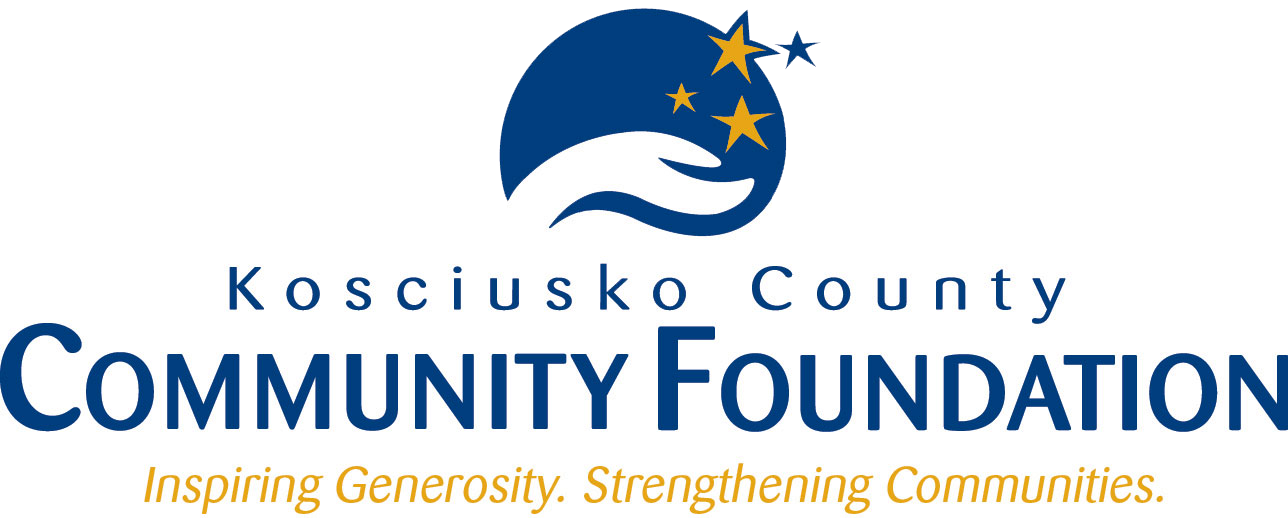Tuesday April 16, 2024
IRS 2022 Tax Return Checklist
In IR-2023-17, the Internal Revenue Service (IRS) suggested a checklist for 2022 tax returns. The IRS offered several recommendations that will assist taxpayers and make for a smooth tax preparation year. In addition, we offer a few checklist items for you to consider.
1. Gather Tax Records — Taxpayers need to gather their records for the tax return. You will need Social Security numbers for all of family members, your bank account and routing numbers to file electronically, IRS Forms W-2, 1099 and 1098. You should have IRS Form 1095-A, Health Insurance Marketplace, and any letters sent to you from the IRS.
2. Report All Income — The IRS reminded taxpayers that all income is taxable. Some individuals inadvertently do not report income from goods sold online, investments, part-time or seasonal work, self-employment or income from mobile applications or the Internet. All these forms of income should be reported on your tax return.
3. File Electronic Return — The quickest and easiest way to file is electronically. You will receive the most prompt refund by filing electronically and selecting direct deposit to your financial institution. If taxpayers have not yet had their 2021 tax return processed, they should enter in $0 for their last year of adjusted gross income (AGI). Everyone else should enter their 2021 AGI on the appropriate field.
4. Free IRS Resources — The IRS provides a number of free resources to assist in filing. The IRS Free File software is available for taxpayers with incomes of $73,000 or less in 2022. There are seven Free File products in English and one in Spanish. They may be accessed through IRS.gov. You also may benefit from the Volunteer Income Tax Assistance (VITA) or the Tax Counseling for the Elderly (TCE) programs.
5. Charitable Gifts Over $250 — Gifts of $250 or more to a charity require a receipt. The receipt issued by the charity must state that no goods or services have been transferred in exchange for the gift. If the donor receives something in return from the charity, the deduction value is reduced by the value of that item. If a taxpayer receives something in return for a gift over $75, the charity must make a good faith estimate of the value of the goods or services transferred to the donor and disclose the estimate. In addition, the taxpayer must receive the receipt from the charity prior to filing his or her tax return.
6. Property Gifts Reporting — If a person makes a noncash charitable contribution greater than $500, he or she must include IRS Form 8283 with his or her tax return. The first section of Form 8283 includes Part A, a description of the property. If the property is publicly traded stock, only Part A is required.
7. Property Gift Appraisals — Property gifts with value over $5,000 often require an appraisal and filing IRS Form 8283. The appraisal includes a description of the property and the name, address and taxpayer identification number of the appraiser. The appraiser's qualifications regarding the type of property being valued must be included in the qualified appraisal. The appraiser must disclose if he or she is acting in the capacity as a partner of a partnership, an employee of any person or as an independent contractor engaged by someone other than the donor. The appraisal must state that it was prepared for "income tax purposes."
8. Qualified Appraisers — A "qualified appraiser" is an individual with "verifiable education and experience in valuing the type of property for which the appraisal is performed." The education and experience requirements may be met by successfully completing college-level or professional-level coursework in valuing the type of property being appraised and having two or more years of experience valuing that type of property.
Debt Limit Debate
President Joe Biden and House Speaker Kevin McCarthy met this week to discuss the need to raise the debt ceiling. The Department of Treasury reports that the nation has reached its debt limit and temporary measures will not prevent a default by the latter part of this year.
Biden and McCarthy agree that it is essential to pass a debt limit bill. McCarthy stated, "I believe you have to lift the debt ceiling, but you do not lift the debt ceiling without changing your behavior. So it has got to be both."
McCarthy indicated that the request by Biden to pass a bill with no other legislative strings is not likely. He continued, "We will not pass a clean debt ceiling here without some form of spending reform. At the end of the day, we are going to get spending reforms."
Both leaders emphasize they believe there is a path forward and potential for an agreement. Biden stated, "Let's start treating each other with respect. That is what Kevin [McCarthy] and I are going to do." Biden noted, "We had a good meeting yesterday. It does not mean we are going to agree and [not] fight like hell. But let's treat each other with respect."
The national debt totals approximately $24.5 trillion that is held by the public and approximately $6.9 trillion held by the government in Social Security and Medicare trust funds. The debt ceiling has increased from approximately $5 trillion in 2001 to its current $31 trillion limit. The Department of Treasury indicated the current debt limit was reached on January 19, 2023.
Six Members of the House of Representatives sent a letter on the debt limit to President Biden and Speaker McCarthy. They stated, "It is our hope that these conversations result in good faith negotiations that avoid the partisan standoffs of the past. Such political brinkmanship has proven to rattle markets, damage the economy and hurt the American people." The Republican leaders indicated there should not be cuts to Social Security or Medicare. They have not given President Biden specific spending cuts.
These Members of Congress highlighted the problems in 2011, when conflict over the debt limit led to the first ever Standard & Poor's downgrade in the creditworthiness of the United States. They estimate the U.S. borrowing costs increased by $1.3 billion that year because of the downgrade.
The Members conclude, "With this in mind, we must work together to ensure that the country meets its financial obligations and that the good faith and credit of the United States remain intact."
Earned Income Tax Credit Awareness Day
In IR-2023-16, the Internal Revenue Service (IRS) highlighted the importance of the Earned Income Tax Credit (EITC).
IRS Acting Commissioner Doug O'Donnell noted, "This is an extremely important tax credit that helps millions of hard-working people every year. But each year, many people miss out on the credit because they do not know about it or do not realize they are eligible. In particular, people who have experienced a major life change in the past year — in their job, marital status, a new child or other factors — may qualify for the first time."
In 2022, 31 million eligible workers received about $64 billion in EITC credits. The average amount was just over $2,000. The EITC was initially approved in 1975 and is designed to offset Social Security taxes for individuals with modest incomes.
The IRS notes that 31 million eligible workers did claim and receive the EITC last year, but approximately six million eligible taxpayers did not receive it. The taxpayers who did not receive it are quite often in non-traditional homes, have a decline in earnings or a change in marital status, do not have children, have limited English skills, live in rural areas or are veterans or Native Americans.
The IRS encourages taxpayers to file electronically and choose direct deposit. If they need to gather information about the EITC, they should go to IRS.gov and search for the EITC Assistant.
The EITC is substantially different for individuals with qualifying children versus those who have no qualifying children. The 2022 limit with three or more children is $53,057 ($59,187 married filing jointly), $49,399 ($55,529 married filing jointly), if there are two qualifying children, $43,492, ($49,622 married filing jointly), with one qualifying child and $16,480 ($22,610 married filing jointly) with no qualifying children. All of these requirements also are subject to an investment income limit of $10,300.
The IRS encourages taxpayers to use Free File on IRS.gov to file electronically. The Volunteer Income Tax Assistance or Tax Counseling for the Elderly programs also may be helpful.
The IRS is limited by law to not send tax refunds before mid-February if the EITC or Additional Child Tax Credit (ACTC) is claimed. Taxpayers should use the "Where's My Refund?" tool on IRS.gov to check the status of their refund.
Applicable Federal Rate of 4.6% for February — Rev. Rul. 2023-3; 2023-6 IRB 1 (16 January 2022)
The IRS has announced the Applicable Federal Rate (AFR) for February of 2023. The AFR under Section 7520 for the month of February is 4.6%. The rates for January of 4.6% or December of 5.2% also may be used. The highest AFR is beneficial for charitable deductions of remainder interests. The lowest AFR is best for lead trusts and life estate reserved agreements. With a gift annuity, if the annuitant desires greater tax-free payments the lowest AFR is preferable. During 2023, pooled income funds in existence less than three tax years must use a 2.2% deemed rate of return.
Published February 3, 2023
Previous Articles
IRS Reminder To Report Digital Asset Income
Free File Launched on January 13
2023 Tax Filing Season Opens on January 23
Estimated Tax Payments Due January 17
President Signs Omnibus Spending Bill




